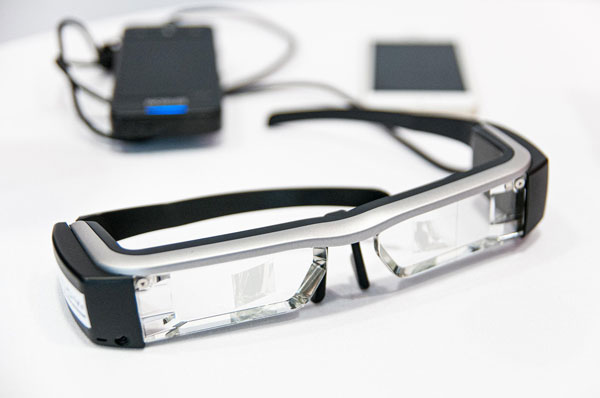Google returns to smart glasses with AI-powered android XR devices

[The photo shows technology-infused glasses. Photo Credit to Pixabay]
Google re-entered the smart glasses market at its 2025 I/O developer conference, unveiling a new line of AI-powered wearable devices that represent a dramatically different approach from the company’s controversial Google Glass experiment over a decade ago.
The tech giant announced several different partnerships with big businesses.
These partnerships included collaboration with Samsung, fashion eyewear brand Gentle Monster, and American retailer Warby Parker to ensure both style and functionality in the new devices.
The glasses are powered by Android XR, Google's new operating system tailored for extended reality (XR) devices, and integrated with Gemini, Google’s latest AI assistant.
The new smart glasses are engineered to provide seamless AI-enhanced experiences, including real-time translation, contextual information overlays, and memory-based prompts.
Unlike the bulky and controversial Google Glass prototype from 2013, these frames are sleek, stylish, and indistinguishable from regular eyeglasses.
This design achievement is made possible through Gentle Monster’s expertise.
Samsung’s hardware development teams also contributed to making the prototype closely resemble conventional eyeglasses.
During a live demonstration, Google showed how the glasses could identify a nearby coffee shop, translate spoken Hindi into English, and provide real-time captions through subtle voice commands and minimal visual distractions.
These capabilities highlight Google’s vision for how AI can naturally augment everyday interactions without being intrusive.
In a notable moment during the conference, Sergey Brin, Google co-founder and a key figure in the original Google Glass project, made a surprise appearance during a fireside chat with DeepMind CEO Demis Hassabis.
Brin acknowledged the shortcomings of the first attempt: "I definitely feel like I made a lot of mistakes with Google Glass, I'll be honest."
He also cited the previous project's failures in supply chain management and pricing strategy.
Learning from those lessons, Google is now relying on experienced partners to ensure a smoother rollout.
The company also revealed a new partnership with Warby Parker to release an additional line of smart glasses scheduled for launch next year.
Following the announcement, Warby Parker’s stock jumped more than 15%, reflecting market enthusiasm for AI-integrated eyewear.
Google is simultaneously collaborating with Qualcomm, Sony, Magic Leap, and Xreal to build a strong Android XR ecosystem that supports a range of devices and use cases.
This strategy reflects the company’s commitment to creating a platform rather than just individual products.
The announcement comes amid intensifying competition in the smart eyewear space.
Meta has already launched camera-enabled glasses in partnership with Ray-Ban, and Apple is reportedly developing its own AR glasses.
However, Google distinguishes itself by focusing on deep AI integration rather than simply adding cameras, displays, and other basic functions.
The company appears determined to avoid the missteps of the original Google Glass.
Specifically, they look to avoid facing backlash over privacy concerns and a design that many found socially awkward.
By focusing on practical benefits, elegant design, and intelligent, privacy-conscious features, Google hopes to appeal to a wider market.
With this renewed effort, Google believes the fusion of AI and smart design has finally reached a point where smart glasses can become a truly mainstream product.

- Joseph Shin / Grade 11 Session 9
- Valley Christian High School

![THE HERALD STUDENT REPORTERS [US]](/assets/images/logo_student_us.png)
![THE HERALD STUDENT REPORTERS [Canada]](/assets/images/logo_student_ca.png)
